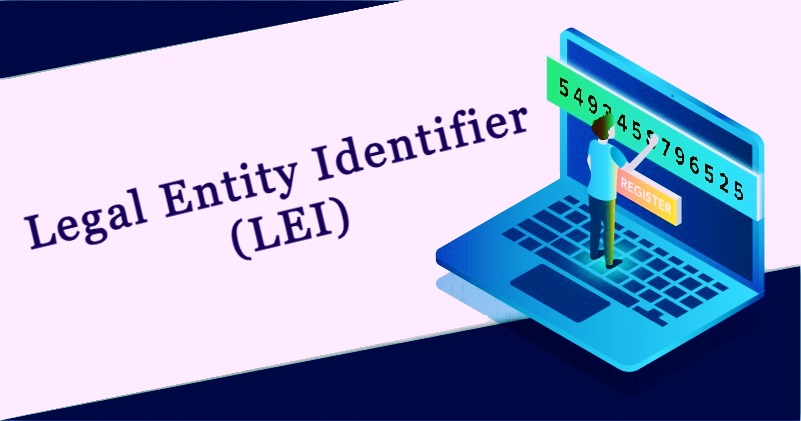In the complex world of financial regulation, one vital tool often goes unnoticed, yet it plays a crucial role in maintaining transparency, minimizing risk, and ensuring stability in global financial markets. This unsung hero is the LEI Register, and this article delves into its significance and the benefits it offers.
The LEI Register Explained
The Legal Entity Identifier (LEI) Register is a global database that assigns a unique 20-character alphanumeric code to every legal entity engaging in financial transactions worldwide. This system was introduced in response to the 2008 financial crisis to enhance transparency and mitigate systemic risk. The LEI Register serves as a cornerstone of financial regulation by providing a standardized, easily accessible source of information about legal entities.
Uncovering the Unsung Hero
1. Enhanced Transparency
One of the primary reasons the LEI Register deserves this distinction is its role in enhancing transparency. It becomes easier to track their financial activities and holdings by assigning a unique identifier to each legal entity. This transparency is invaluable for regulators, investors, and financial institutions seeking to understand the entities they deal with. It helps detect and prevent fraudulent activities, ultimately reducing the risk of financial crises.
2. Managing Systemic Risk
The 2008 financial crisis highlighted the dangers of interconnectedness in the financial world. The LEI Register, by providing a comprehensive view of legal entities, allows regulators to assess the risk posed by large financial institutions and their interconnectedness. This data can be used to identify potential systemic risks and take timely preventive actions, reducing the likelihood of a crisis.
3. Streamlining Regulatory Compliance
For businesses, especially those operating across borders, compliance with various regulatory requirements can be a complex and time-consuming process. The LEI Register simplifies this by providing a standardized identification system that is recognized globally. This minimizes the burden of compliance for businesses and ensures they follow the necessary rules and regulations.
4. Facilitating Global Transactions
In today’s interconnected world, businesses frequently engage in cross-border transactions. The LEI Register makes it easier to verify the legitimacy and identity of the parties involved in these transactions. This not only enhances the security of such transactions but also fosters global trade and investment.
Benefits of the LEI Register
1. Improved Risk Management
For financial institutions, risk management is a top priority. The LEI Register provides them with the necessary information to assess the creditworthiness and risk associated with their counterparties. This, in turn, helps make more informed lending and investment decisions.
2. Cost Reduction
Incorporating LEIs into the financial system reduces operational costs related to data management and regulatory compliance. It streamlines processes, minimizes errors, and ensures efficient data sharing across financial institutions.
3. Investor Confidence
Investors rely on accurate and timely information to make investment decisions. The LEI Register offers a standardized way of identifying entities, which builds investor confidence and ensures they can make informed choices while minimizing risk.
4. Regulatory Oversight
Regulators benefit from the LEI Register as it allows them to monitor and supervise the financial industry more effectively. The system provides a comprehensive view of entities’ activities, making it easier to detect and prevent financial misconduct.
In conclusion, the Legal Entity Identifier Register may not grab headlines, but its role as the unsung hero of financial regulation is undeniable. It enhances transparency, mitigates systemic risk, streamlines compliance, and benefits financial institutions and investors. Its impact on the financial world is significant, and its future looks promising as its importance continues to grow in our increasingly interconnected global economy.


